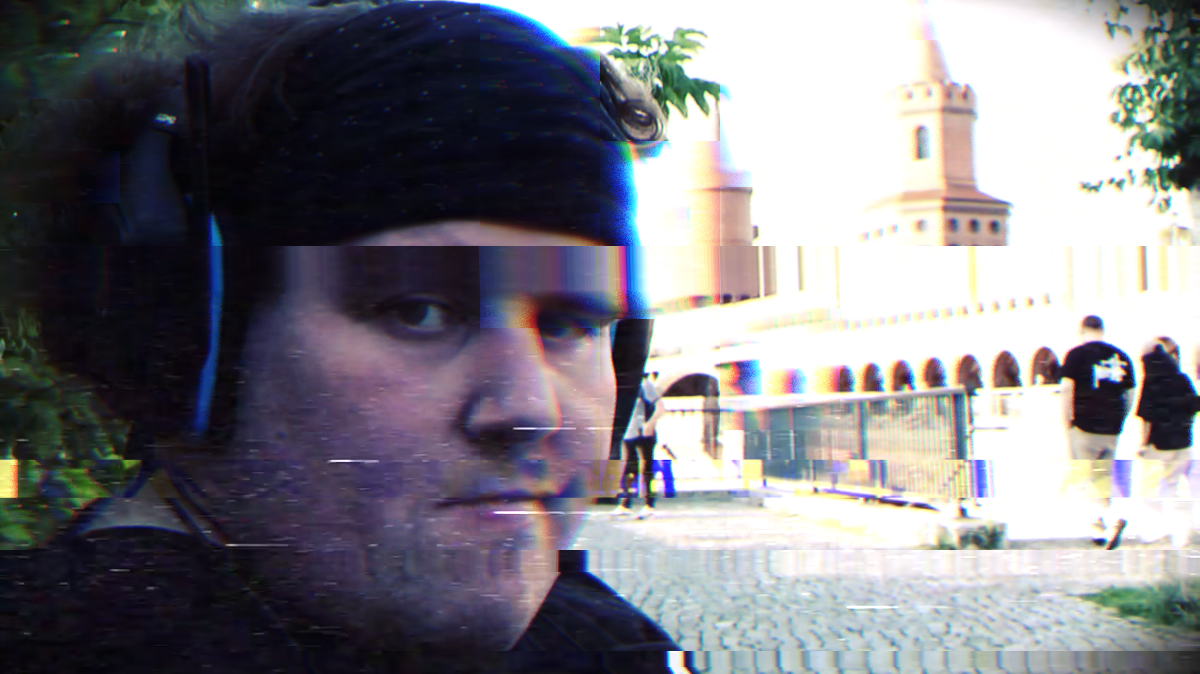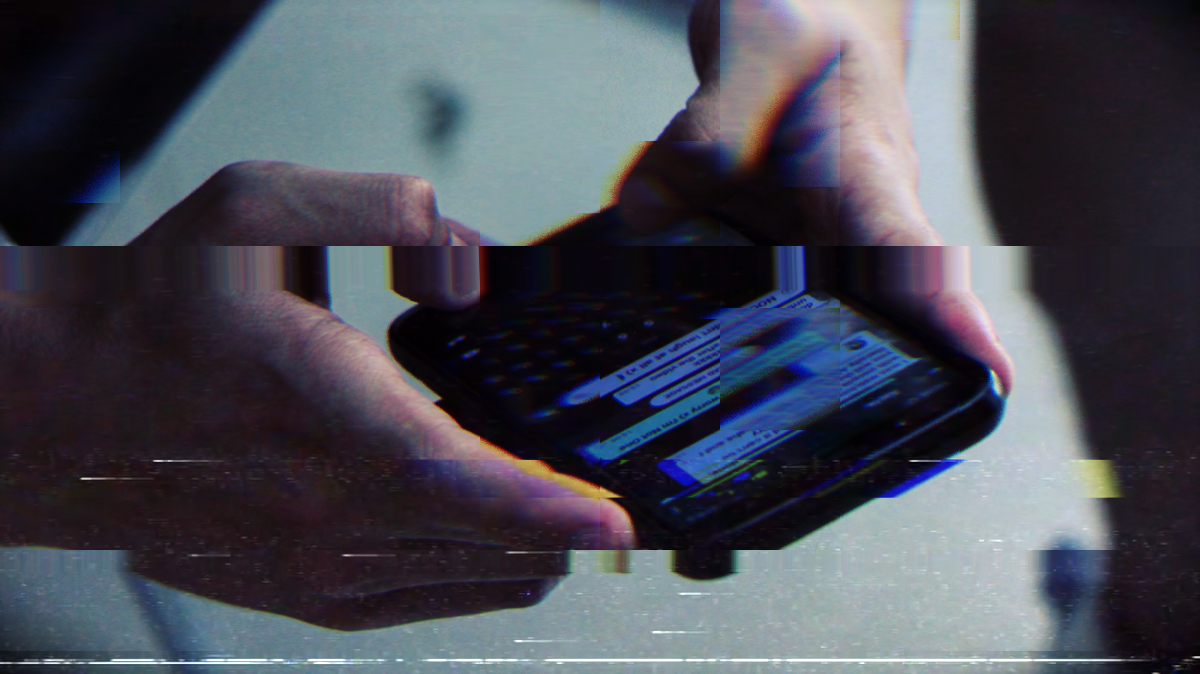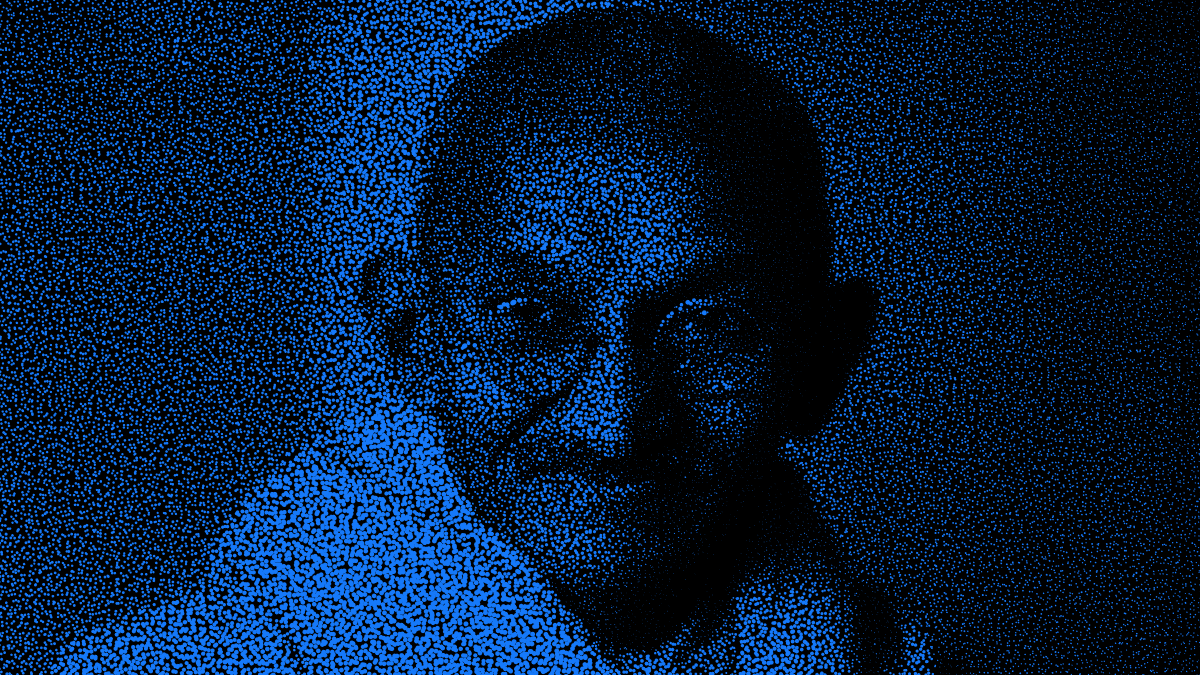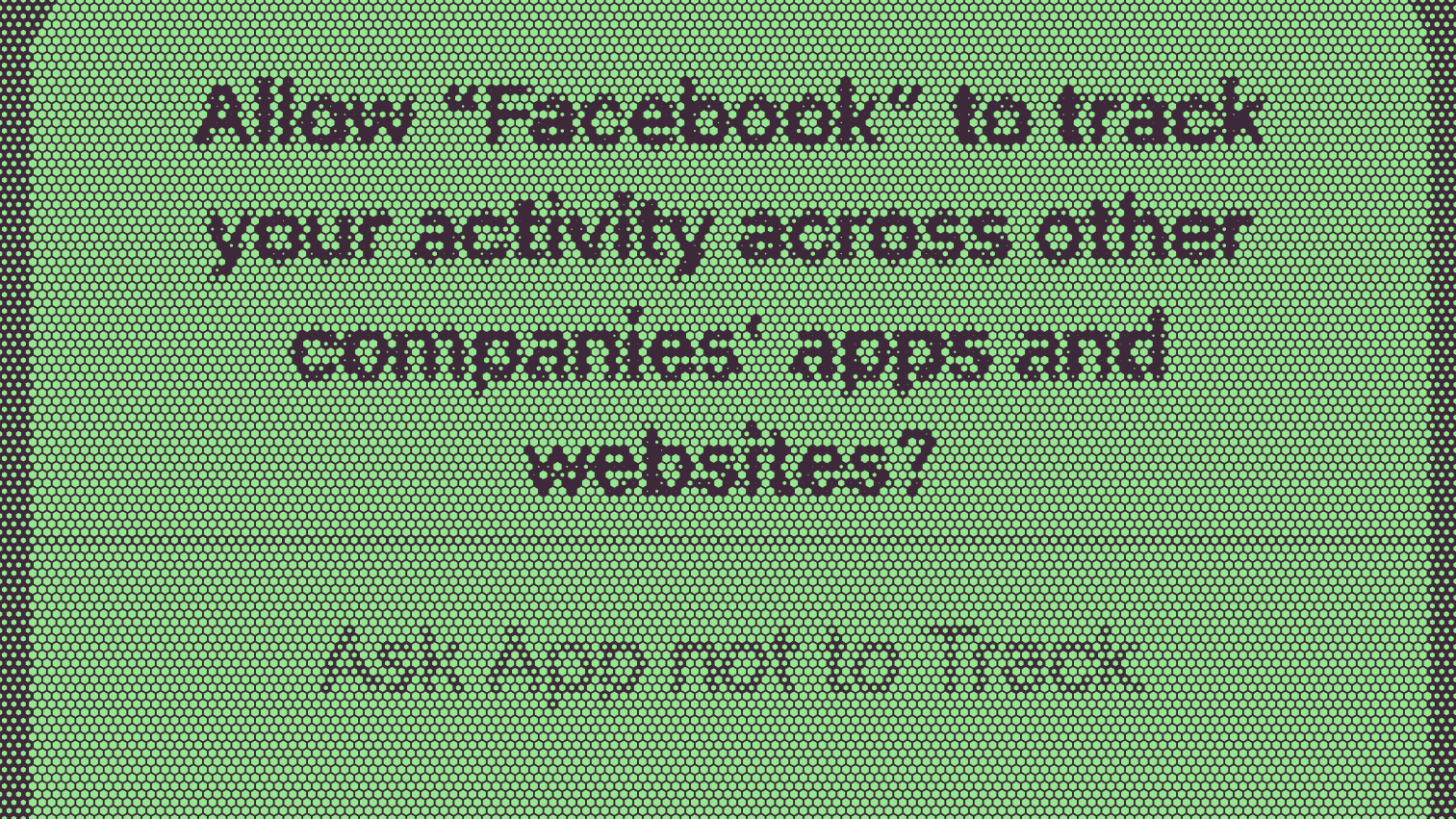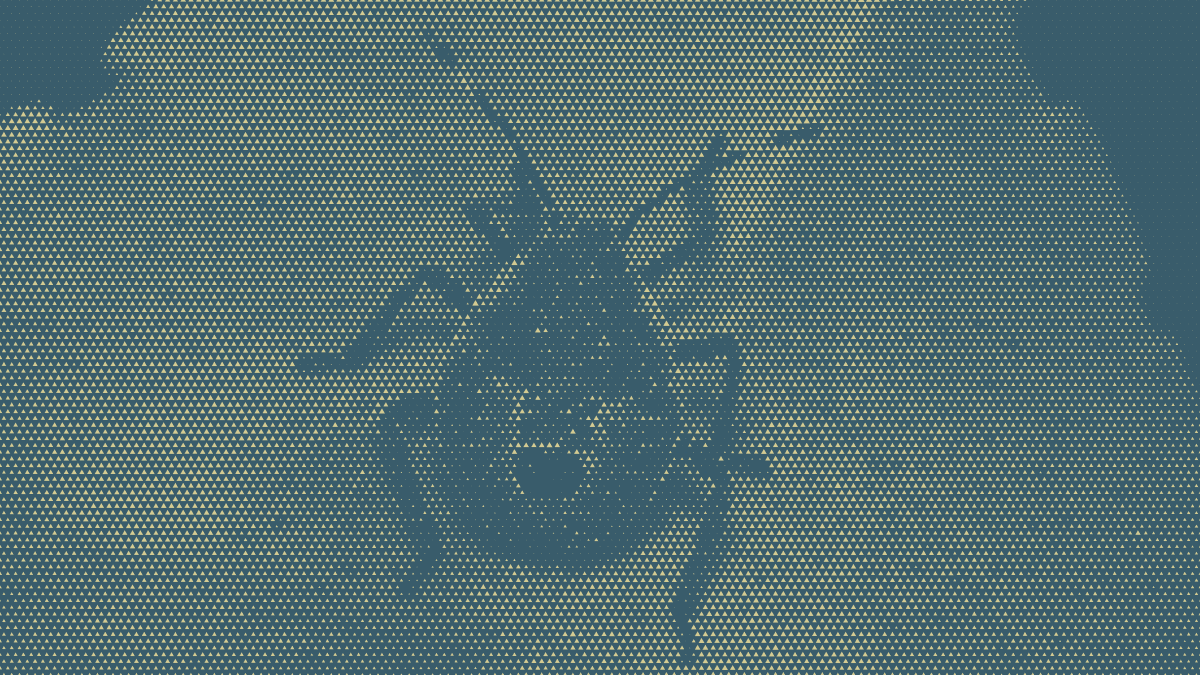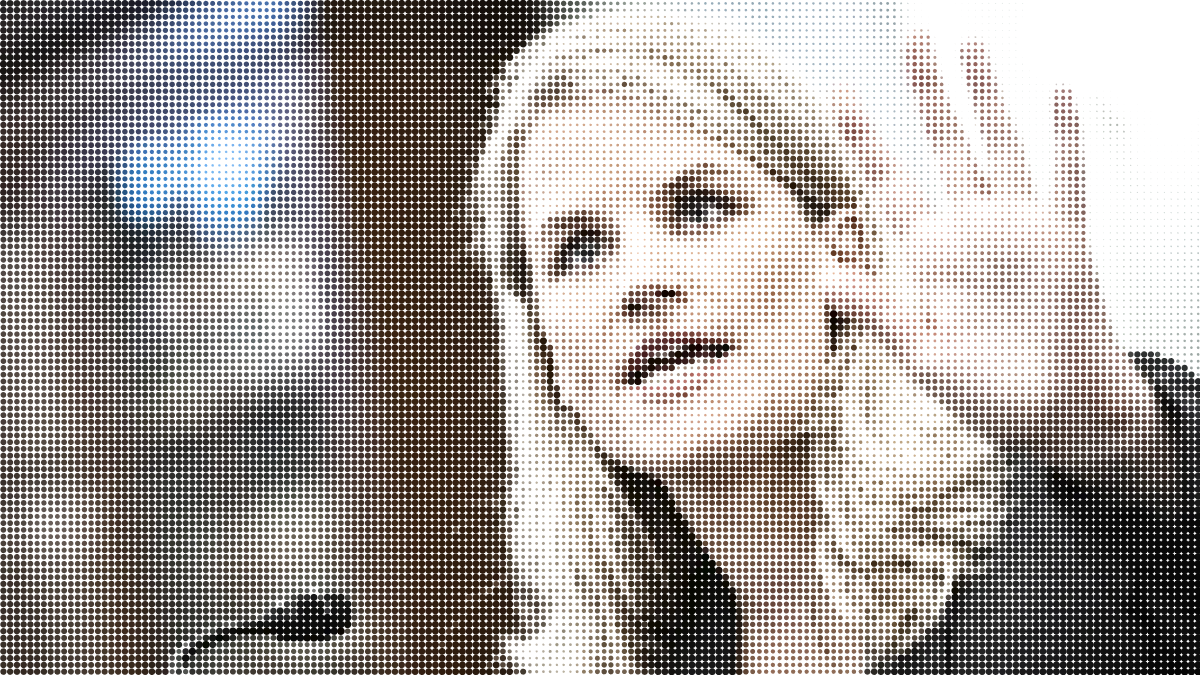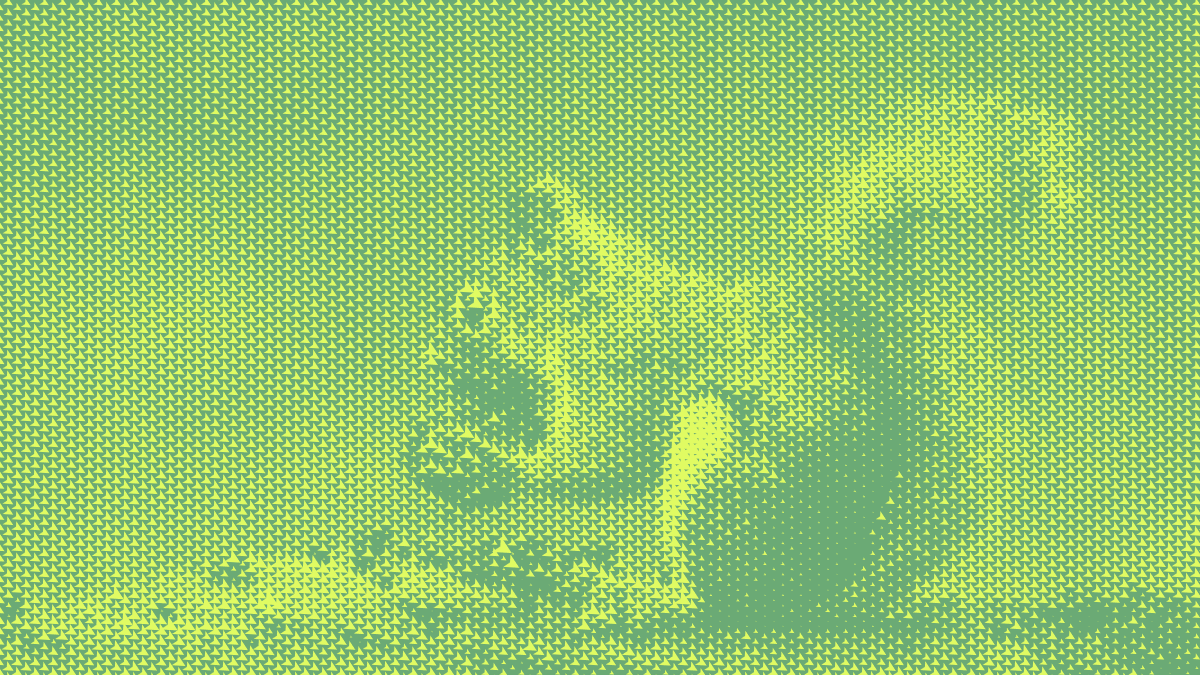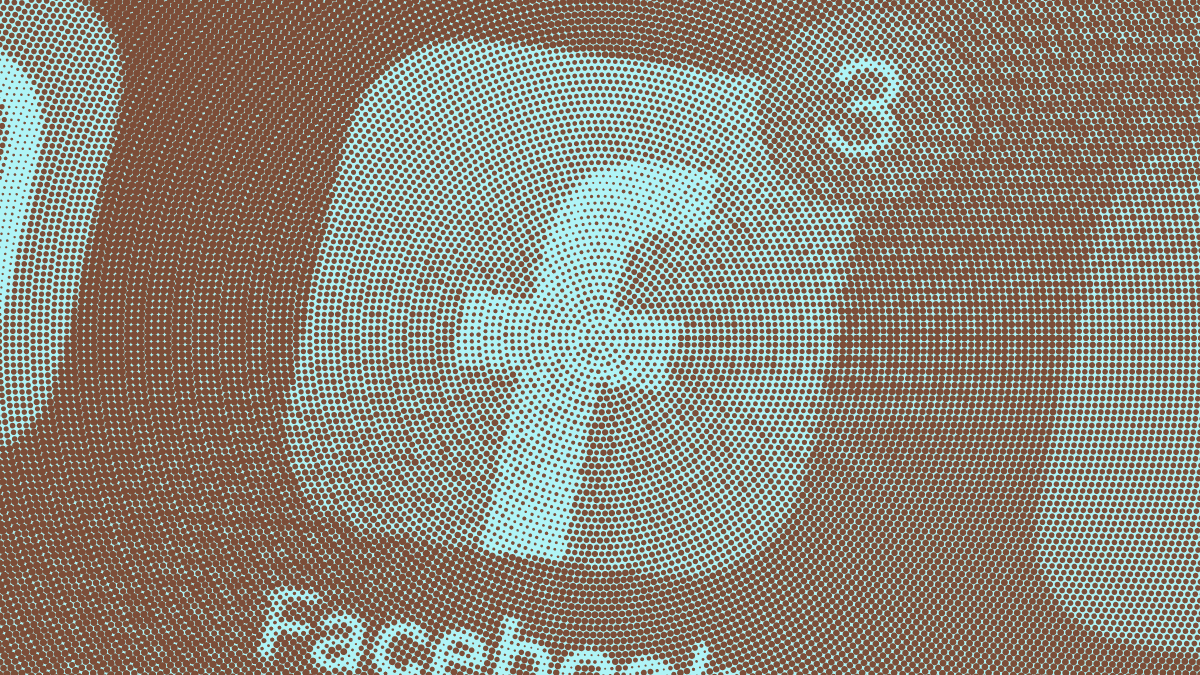It turns out, that the EU's push to completely abolish digital privacy might not actually be an altruistic move to save children from abuse. Several tech companies, including one headed by Ashton Kutcher and Demi Moore, stand to profit substantially from the decision. Which is why they massively influenced it.
How following the exodus of Germany's worst YouTuber to TikTok opened a private hell of lolcows for me. To a point where I don't think I understand society as a whole anymore. What is this shit? And where is it all going to end?
The EU wants to establish universal client-side scanning for text messages and photos on citizen's phones. With other words: All cryptography would be useless and hence, nobody would have any privacy in the digital realm anymore.
Some observations on the possible future of society from a recent trip to the United Arab Emirates.
In a world were computer algorithms decide what is best for us, two groups of people will exist: those who program the algorithms and those who do what the algorithms tell them to do.
What we've been suspecting all along has now been proven correct: Apple's app anti-tracking feature in iOS does precisely nothing to effectively protect your privacy. In fact, it makes things worse. And Apple probably knew this was the case, too.
When Whitfield Diffie, Ronald Rivest, Steven M. Bellovin, Peter Neumann, Matt Blaze and Bruce Schneier come together to publish a paper on the security and privacy implications of client-side scanning, we should listen up.
What's more in your interest? Stopping Facebook from leeching off the private data of your life to further its monopoly or forcing it to censor your speech? And now take a guess which of the two politicians want to do and journalists are ecstatic about?
Authentication on the internet is fundamentally broken. Weak passwords, password reuse, data leaks and untrustworthy third parties tracking us while they log us in are the unfortunate reality right now. One man decided to single-handedly fix this mess.
What happens when our media consumption is so fear-inducing that we let companies regulate our social connections? A culture of digital snitching develops that gives companies knowledge that previously only authoritarian governments possessed.

